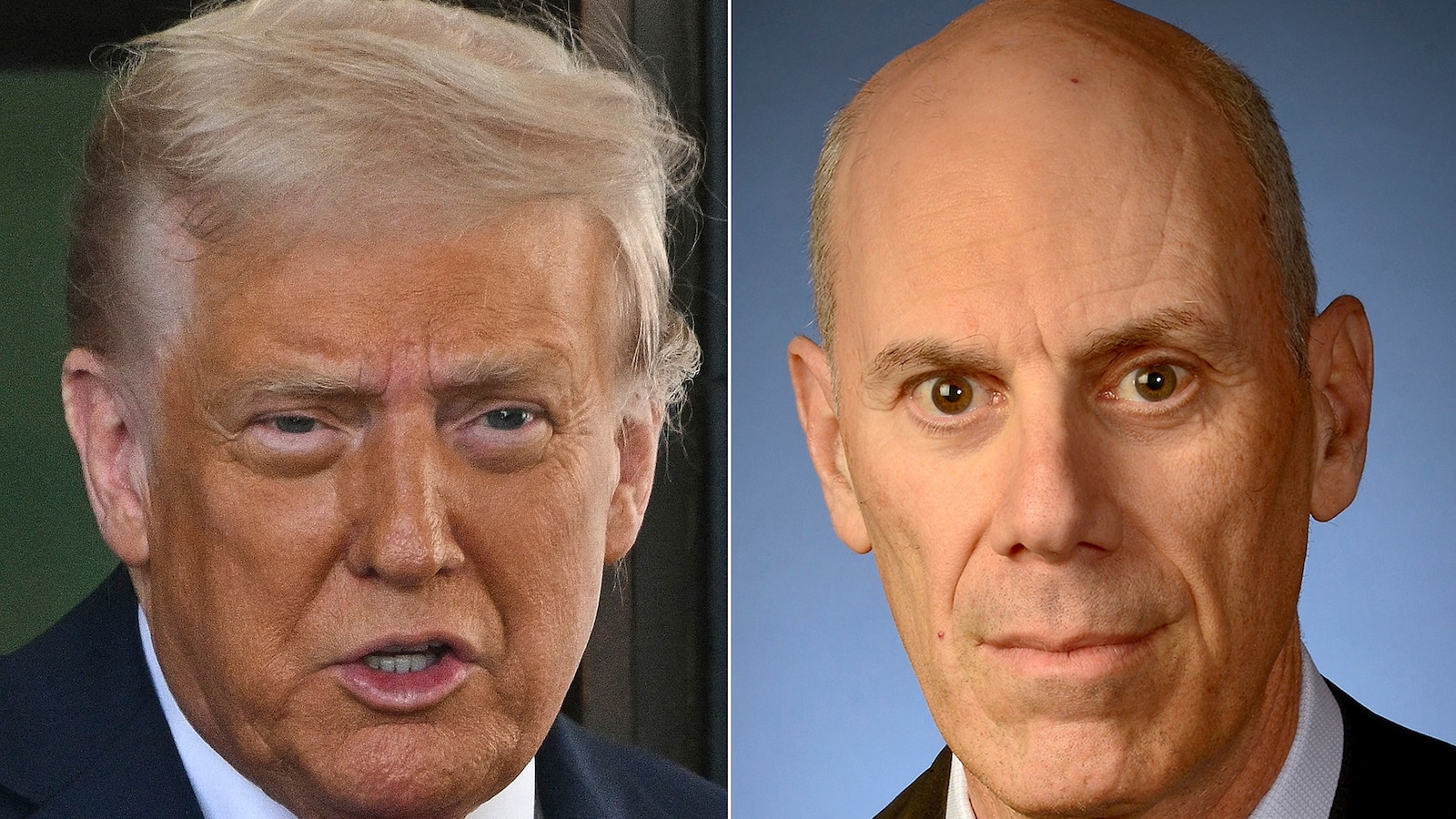A federal judge has found probable cause that the Trump administration acted in contempt of court when officials last month defied his order to turn around two planes carrying alleged Venezuelan gang members to El Salvador.
The administration’s “willful disobedience of judicial orders” without consequences would make “a solemn mockery” of “the Constitution itself,” U.S. District Judge James Boasberg wrote Wednesday.
Boasberg last month ordered that the government turn around two flights carrying more than 200 alleged Tren de Aragua members to El Salvador after the Trump administration invoked the Alien Enemies Act — a wartime authority used to deport noncitizens with little-to-no due process — by arguing that the gang is a “hybrid criminal state” that is invading the United States.
Authorities failed to turn the flights around, but have insisted that they “complied with the law” while questioning the legitimacy of Boasberg’s order. According to the DOJ, Boasberg’s oral instructions directing the flight to be returned were defective, and his subsequent written order lacked the necessary explanation to be enforced.
Boasberg faulted the Trump administration for conducting a “hurried removal operation” on March 15 and 16 in the hours after he issued an order blocking the deportations and ordering the men returned to the United States.
“As this Opinion will detail, the Court ultimately determines that the Government’s actions on that day demonstrate a willful disregard for its Order,” he wrote.
Boasberg noted that he gave the Trump administration “ample opportunity to rectify or explain their actions” yet “none of their responses has been satisfactory.”

President Donald Trump in Washington, April 14, 2025 and James Boasberg, chief judge of the US District Court for the District of Columbia.
AFP via Getty Images/Reuters
While the Supreme Court ultimately vacated his court order, Judge Boasberg concluded that the Trump administration still defied the order during the three weeks it was in effect, even if the order suffered from a “legal defect.”
“The Constitution does not tolerate willful disobedience of judicial orders — especially by officials of a coordinate branch who have sworn an oath to uphold it. To permit such officials to freely ‘annul the judgments of the courts of the United States’ would not just ‘destroy the rights acquired under those judgments’; it would make ‘a solemn mockery’ of ‘the constitution itself,'” he wrote.
Boasberg gave the Trump Administration a one-week deadline to file “a declaration explaining the steps they have taken and will take to do so.”
The way to “purge” the potential finding of contempt, Boasberg said, would be to obey his initial order.
“The most obvious way for Defendants to do so here is by asserting custody of the individuals who were removed in violation of the Court’s classwide TRO so that they might avail themselves of their right to challenge their removability through a habeas proceeding,” Boasberg wrote, referring to the temporary restraining order he issued.

U.S. military personnel escort an alleged member of the gang Venezuelan Tren de Aragua and the MS-13 gang who was deported by the U.S. government to be imprisoned at the CECOT prison, at the El Salvador International Airport in San Luis Talpa, El Salvador April 12, 2025.
Secom/via Reuters
“Per the terms of the TRO, the Government would not need to release any of those individuals, nor would it need to transport them back to the homeland. The Court will also give Defendants an opportunity to propose other methods of coming into compliance, which the Court will evaluate.”
If the Trump Administration does not wish to purge Boasberg’s contempt finding, the judge said he will “proceed to identify the individual(s) responsible for the contumacious conduct by determining whose “specific act or omission” caused the noncompliance.”
Boasberg said he will begin by requiring declarations from the government, and if those prove to be unsatisfactory, he will “proceed either to hearings with live witness testimony under oath or to depositions conducted by Plaintiffs.”
As a final potential step, Boasberg raised the prospect that he could appoint an independent attorney to prosecute the government for its contempt.
“The next step would be for the Court, pursuant to the Federal Rules of Criminal Procedure, to request that the contempt be prosecuted by an attorney for the government,” Boasberg wrote.
If the Government “declines” or “the interest of justice requires,” the Court will “appoint another attorney to prosecute the contempt,” he wrote.

